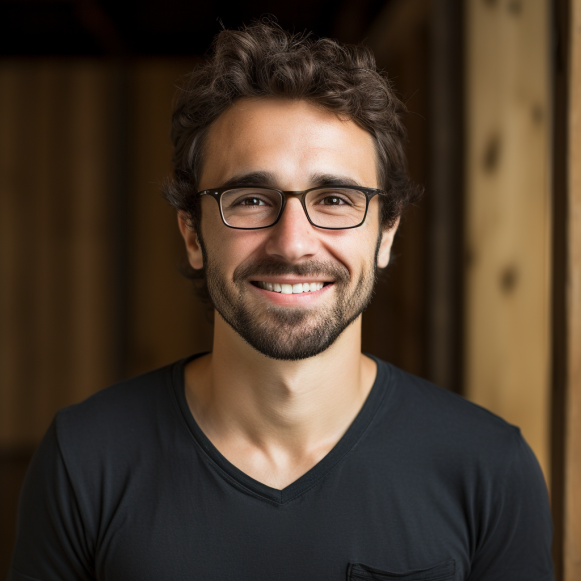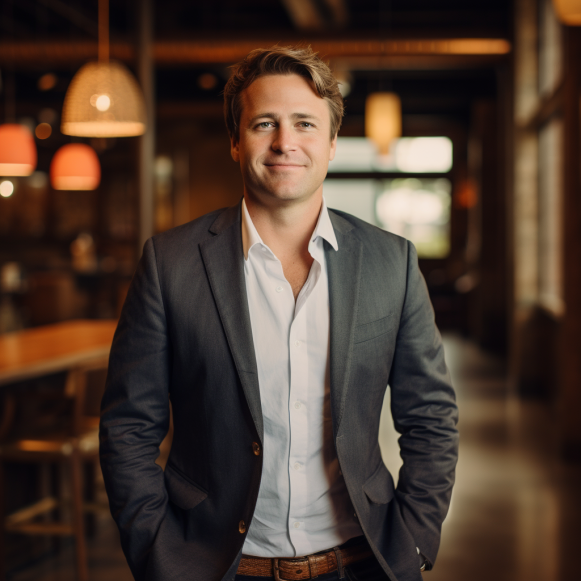A real estate investor who started with ‘house hacking’ explains the strategy that proved lucrative enough for him to quit his finance job: condo conversions

- Ricky Beliveau started his career in finance before realizing how lucrative real estate could be.
- He “house hacked” and purchased his first multi-family properties in Boston with FHA loans.
- Then, he tried his first condo conversion. That’s when he started making enough to do a career pivot.
Ricky Beliveau earned a finance degree from Northeastern University in 2010 and began his career in corporate finance.
He had only recently learned about real-estate investing in a senior-year class. It piqued his interest, but he already had a job lined up at an investment management firm.
Still, he figured he could test the waters by “house hacking,” a strategy that entails buying a house, living in it, and renting out the other units or rooms to offset your mortgage. He bought his first property six months after graduating: a triplex in Boston. He bought another multi-family home a year later.
His rentals provided a nice, relatively passive source of side income, and he was able to live for free due to house hacking. But Beliveau didn’t seriously consider real estate as a full-time career until he completed his first condo conversion in 2013.
A condo conversion is the process of converting a multi-family property into separate units that can be sold separately.
“You buy a multi-family property, so two, three, four, or five units, and then you go through the process of submitting it to the city and making those individually deeded,” the 36-year-old investor and developer explained. Assume you convert a triplex: “Now, instead of three units in one deed, it’s three deeds and three units.” This allows you to sell each unit separately.”
The idea is that selling your units individually as condos will earn you more money than selling them all together as a multi-family.
“If you buy the building and renovate it, it might be worth exactly what you’re into it for,” he went on to say. “But by splitting it into condos and selling those off to new buyers, what you’ll see is that those typically sell at a premium.”
That’s exactly what happened when Beliveau did his first condo conversion — and it was then that he realized that, in addition to long-term wealth creation, real estate investing could also generate short-term profits.
Beliveau’s third condo conversion was the most profitable.
In 2015, he paid $650,000 for a multi-family unit in east Boston, claiming that “the market had taken off.” Condo prices were skyrocketing.”
He renovated it, divided it into individual units, and sold each one for roughly the same price he paid for the entire property.
“I ended up selling those units for between $600,000 and $700,000 per unit,” he said, adding that he made about $600,000 profit on the single transaction.
It was eye-opening, and it gave him the confidence to leave his finance job and pursue his real-estate venture, Volnay Capital.
He now owns 94 units and runs several real-estate-related businesses, including a property management firm and brokerage. According to an asset sheet obtained by Insider, Volnay Capital’s portfolio and properties owned with partners total over 1,000 units.
Doing a condo conversion is a more advanced strategy that necessitates collaboration with attorneys, architects, surveyors, and other professionals, so make sure it’s the right move for you.
Beliveau advises new investors to concentrate on acquiring their first cash-flowing rental property. That could mean using an FHA loan, which allows for a 3.5% down payment, and purchasing an owner-occupied rental, which is how he got his start.
“If you’re new to the business, do not get into a condo conversion or a project that needs to be fully gutted and completely rebuilt,” he advises when you’re ready to try a condo conversion. “It’ll be far too much of a lift for your first time.” You want to be able to get in and do something cosmetic, like paint, stain the floors, or get new light fixtures.”
“You won’t get in over your head by keeping it simple, and you’ll still be able to make a decent profit.” And that can lead to the next step, which is a gut renovation, followed by the next step, which is actually building a new building.”






